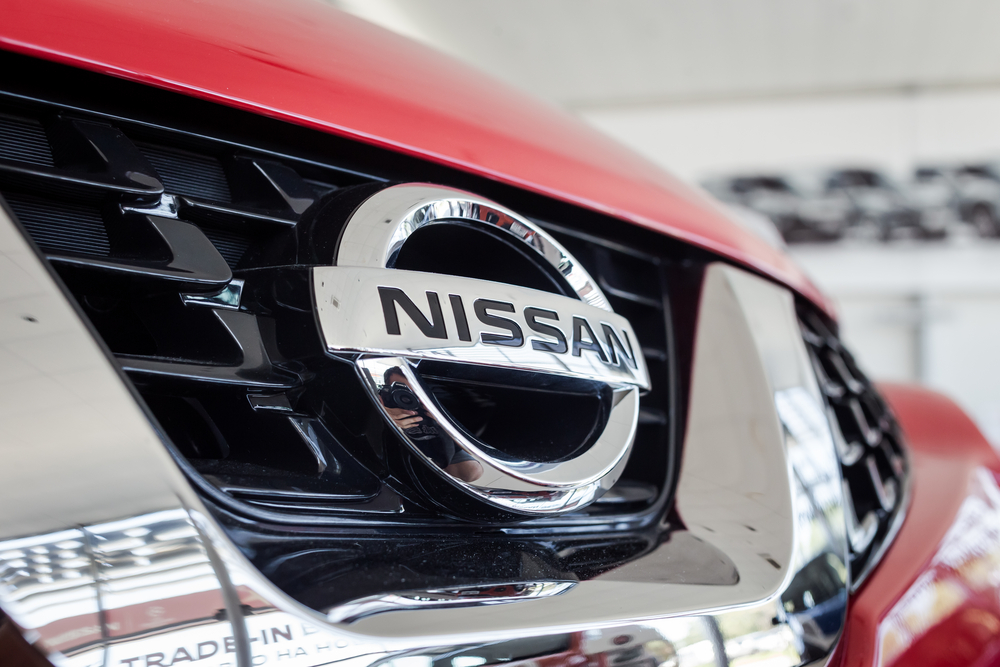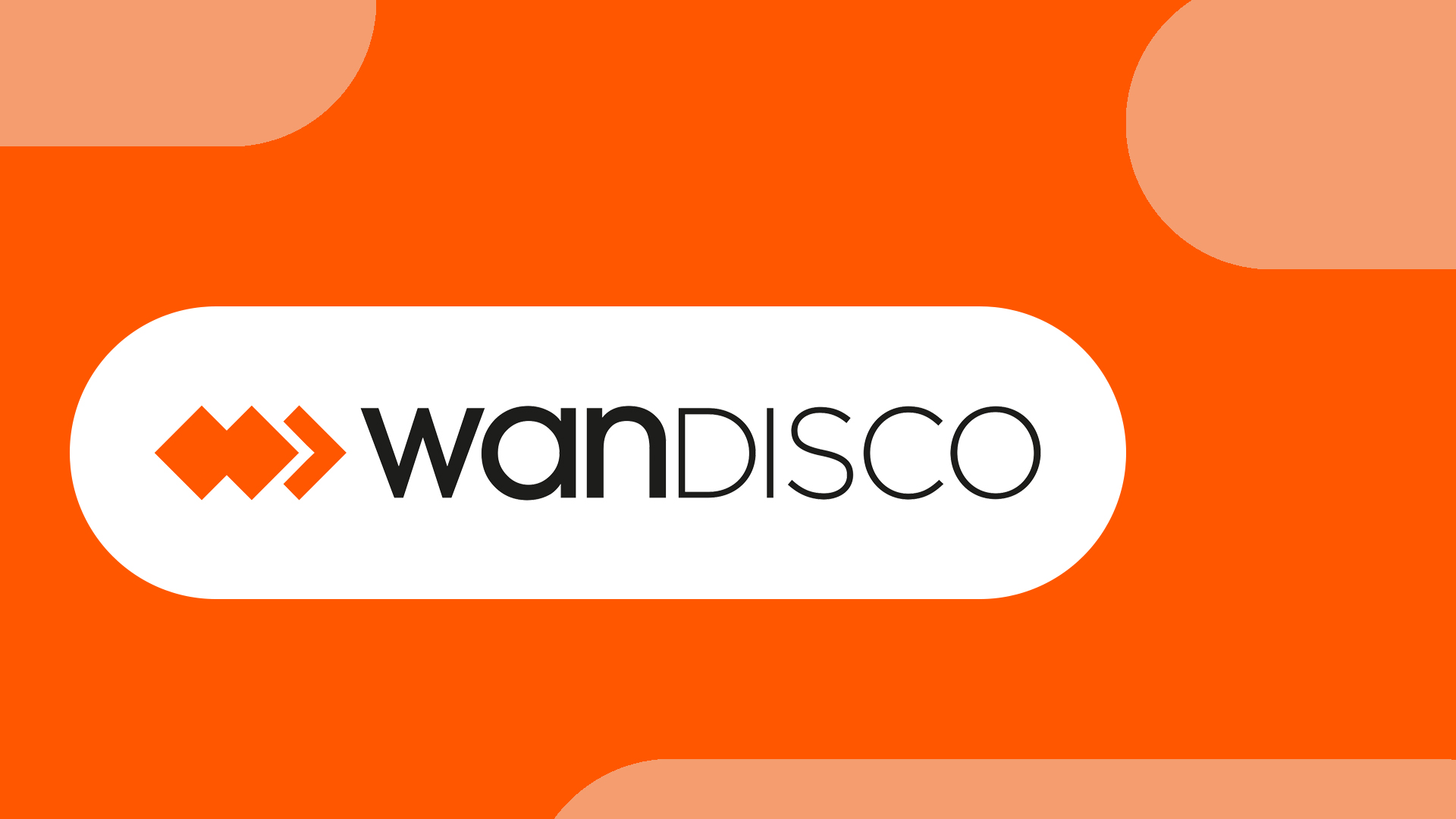Nissan to migrate simulation workloads to Oracle
The Japanese car giant faces pressures to reduce operating costs during a tough economic climate


Car manufacturer Nissan is migrating its on-premise computing workloads to Oracle's Cloud network in a bid to cut costs and reverse a recent financial slump.
The Japanese automotive giant uses software-based Computational Fluid Dynamics (CFD) and structural simulation techniques to design and test cars for external aerodynamics and structural failures.
However, the automotive sector has been hit hard by the pandemic and many car manufacturers are turning to cloud computing providers to process increasing volumes of data at a lower cost. French firm Renault recently signed a multi-year deal with Google Cloud to store its data and use its analytical services, for example.
Nissan's economic troubles actually started before the outbreak, posting its worst year-on-year performance for a decade in 2019. Now, rather than keep it in-house, the firm is moving performance and latency-sensitive engineering simulations to Oracle Cloud where Nissan hopes it will achieve higher performance and lowers costs.
Nissan products rely on digital processes to make quick and critical design decisions that improve on areas such as fuel efficiency, reliability and safety. The firm will be using Oracle Cloud Infrastructure's compute, networking and storage services, including an optimised HPC application that will allow Nissan to benefit from the industry's first and only bare-metal HPC solution, according to Oracle.
"Nissan is a leader in adopting cloud-based high-performance computing for large scale workloads such as safety and CFD simulations," said Bing Xu, the GM of engineering systems at Nissan. "We selected Oracle Cloud Infrastructure's HPC solutions to meet the challenges of increased simulation demand under constant cost savings pressure. I believe Oracle will bring significant ROI to Nissan."
The move to Oracle is part of Nissan's wider financial restructuring. It plans to downsize global production, discontinue unprofitable models and focus on improving its electric vehicle range. The company hopes to return to profitability by 2023.
Get the ITPro daily newsletter
Sign up today and you will receive a free copy of our Future Focus 2025 report - the leading guidance on AI, cybersecurity and other IT challenges as per 700+ senior executives
Bobby Hellard is ITPro's Reviews Editor and has worked on CloudPro and ChannelPro since 2018. In his time at ITPro, Bobby has covered stories for all the major technology companies, such as Apple, Microsoft, Amazon and Facebook, and regularly attends industry-leading events such as AWS Re:Invent and Google Cloud Next.
Bobby mainly covers hardware reviews, but you will also recognize him as the face of many of our video reviews of laptops and smartphones.
-
 Cleo attack victim list grows as Hertz confirms customer data stolen
Cleo attack victim list grows as Hertz confirms customer data stolenNews Hertz has confirmed it suffered a data breach as a result of the Cleo zero-day vulnerability in late 2024, with the car rental giant warning that customer data was stolen.
By Ross Kelly
-
 Lateral moves in tech: Why leaders should support employee mobility
Lateral moves in tech: Why leaders should support employee mobilityIn-depth Encouraging staff to switch roles can have long-term benefits for skills in the tech sector
By Keri Allan
-
 How to empower employees to accelerate emissions reduction
How to empower employees to accelerate emissions reductionin depth With ICT accounting for as much as 3% of global carbon emissions, the same as aviation, the industry needs to increase emissions reduction
By Fleur Doidge
-
 Worldwide IT spending to grow 4.3% in 2023, with no significant AI impact
Worldwide IT spending to grow 4.3% in 2023, with no significant AI impactNews Spending patterns have changed as companies take an inward focus
By Rory Bathgate
-
 Report: Female tech workers disproportionately affected by industry layoffs
Report: Female tech workers disproportionately affected by industry layoffsNews Layoffs continue to strike companies throughout the tech industry, with data showing females in both the UK and US are bearing the brunt of them more so than males
By Ross Kelly
-
 How can small businesses cope with inflation?
How can small businesses cope with inflation?Tutorial With high inflation increasing the cost of doing business, how can small businesses weather the storm?
By Sandra Vogel
-
 How to deal with inflation while undergoing digital transformation
How to deal with inflation while undergoing digital transformationIn-depth How can organizations stave off inflation while attempting to grow by digitally transforming their businesses?
By Sandra Vogel
-
 How businesses can use technology to fight inflation
How businesses can use technology to fight inflationTUTORIAL While technology can’t provide all the answers to fight rising inflation, it can help ease the pain on businesses in the long term
By Sandra Vogel
-
 Embattled WANdisco to cut 30% of workforce amid fraud scandal
Embattled WANdisco to cut 30% of workforce amid fraud scandalNews The layoffs follow the shock resignation of the company’s CEO and CFO in early April
By Ross Kelly
-
 Some Tech Nation programs could continue after Founders Forum acquisition
Some Tech Nation programs could continue after Founders Forum acquisitionNews The acquisition brings to a close a months-long saga over what the future holds for Tech Nation initiatives
By Ross Kelly